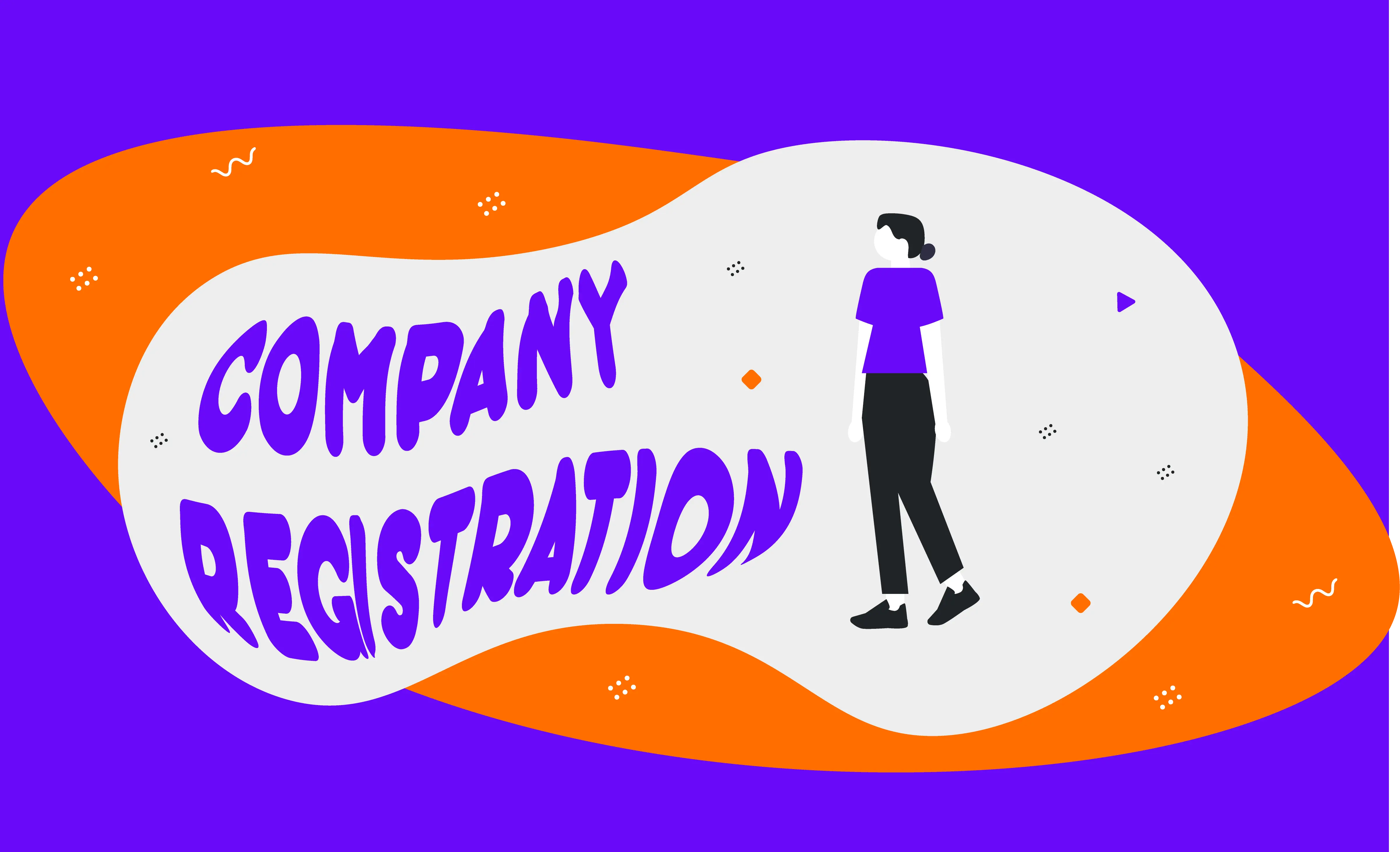What is a business loan and how can I get one from the government?
business loan if you want to invest
In this blog post, we discuss business loans, what exactly they are, the different types of loans available, and how a business owner can get one.

Table of contents
- Introduction
- What is a business loan, and how does it work?
- What are secured and unsecured business loans?
- What are the different types of business loans available in the UK?
- How much money could I borrow with a business loan?
- How would I decide which business loan to apply for?
- How to get a loan for business
- What do I need to get a business loan?
- How to get a small business loan from the UK government
- Can a personal loan be used to start a business
- Alternative to business loans
- Conclusion
As a business owner, be bold and ask for additional help from the UK government or a bank to ensure your company is a growing success. You should consider a business loan if you want to invest in new premises or equipment for your business. But first, you must decide whether a business loan is right for you and if you have the finances to afford one.
What is a business loan, and how does it work?
You may wonder what a business loan is and how it works for a UK business. Business loans are money lent out to business owners for use in their companies. Some are more suited to newer startup companies, while others cater to businesses that have been around for several years. Business loans will need to be repaid, often with interest, over an agreed period. Business loans differ from personal loans in that they are often used to buy stock and equipment necessary for the company.
What are secured and unsecured business loans?
There are two types of business loans available: secured and unsecured.
- Secured loan: this is linked to an asset such as property, vehicles or stock. Businesses will be allowed to borrow money on the condition that the company offers 'security' if they default on the loan repayment. If, for whatever reason, you cannot pay for the loan, then the lender may take your assets. This type of loan is better suited for a small UK business with access to valuable assets.
- Unsecured loan: these loans do not require assets and are often much smaller sums. However, these loans usually have higher interest rates. They require a personal guarantee from a director, making the business owner liable to pay the loan repayments if the business defaults on a payment.
What are the different types of business loans available in the UK?
In the UK, one can obtain many different business loans, so it is up to you to decide which one is right for your company.
- Bank loan: you will borrow a set amount of money from a bank or building society with interest.
- Peer-to-peer business loan: also known as a P2P loan, you will borrow money from private investors rather than a bank. This can be done online after being matched to an investor. You might need to pay an additional fee before taking out the loan, so pay attention to any charges before committing.
- Cash advance business loan: also known as a merchant cash advance, this allows you to borrow money against your company's upcoming credit or debit card sales. The amount repaid will be based on a pre-agreed percentage of your card sales. So if your business is doing well, you will pay more, but less if it's had a fallback. These are usually only available for businesses that generate specific revenue via card payments.
- Invoice finance loan: a lender will use your unpaid invoices to lend to you. There are two types of this loan: invoice factoring and invoice discounting. With an invoice factoring loan, you can borrow a percentage of your invoice values, with the lender taking payment directly from your customers. An invoice discounting loan lets you borrow against the value of your invoices, but you will be collecting the money from your customers.
- Working capital finance loan: this loan is best suited to businesses with short-term expenses and usually lasts for less than 12 months. You will need to find a lender that offers a tailored Annual Percentage Rate (APR).
- Short-term business loan: this usually comes in handy for a business that requires an immediate sum of money for unexpected growth opportunities or adhoc payment demands, with the borrowing lasting between three months to two years. However, these loans usually have higher interest rates.

How much money could I borrow with a business loan?
The amount of money you are entitled to from a loan depends entirely on the circumstances of your business, how big it is and how long it has been operating for. The usual amount of funding one is entitled to is usually between £5,000 and £15 million, although some loans aimed at small businesses often offer less. An online business loan calculator can give you a rough idea of how much you can borrow.
How would I decide which business loan to apply for?
There is much to consider when applying for a business loan. You will need to think about the following:
- The amount of money you want to borrow.
- The most suitable loan for your business: a government-backed startup loan, for example, would only be available for a new business.
- How much you can afford to pay back each month, including the interest rate.
- The amount of time you would want to take a loan out for.
- If you have a good credit score.
You will need to compare different loans with each other before committing to a specific option or lender to make sure you select the one that is right for you. You might also be asked to provide copies of bank statements, business accounts, tax returns etc.
How to get a loan for business
Many company websites allow you to apply for business loans and offer free eligibility checks to see if you qualify for a business loan. This will not affect your credit score. If you are eligible for a specific loan, you will then need to fill out an online application form, where you will talk a bit more about yourself and your business. Then, you can get approved in as little as one hour. Once you've accepted an offer for a loan, the money will be deposited into your account within a specific timeframe, but usually no later than five working days.
What do I need to get a business loan?
There are certain criteria for getting approved for a business loan in the UK. When applying for a loan, make a note of the following points to prevent rejection:
- Make a plan: your plan will need to discuss how you intend to spend the loan and how this can be achieved and benefit your company. You will also need to explain why you believe you should be approved for the loan you have applied for.
- Check your credit report: get a copy of your report, and ensure it is correct and accurately reflects your history and recent transactions. If you have a good credit score, you have more of a chance of being accepted for a loan.
- Get your finances organised: any outstanding debts will need to be cleared, and you will need to show that your business has a positive cash flow, enabling it to pay expenses and cover liabilities. Provide a budget showing how you will afford repayments and make a profit. The budget should be as realistic as possible.
- Check your business accounts: check that you have up-to-date accounts filed for your business. Any account filed over two years may not be accepted.
- Provide security: if you provide security to a lender, the bank may be able to take it if you can no longer make repayments. Only some loans are secured, but you may be expected to offer something in return if you want to borrow money a lot.

How to get a small business loan from the UK government
If you're running a relatively small company or one that has just been founded, you may be wondering more about how to get small business loans from the government. A small business loan is no different from most other business loans, with you being lent a certain amount of money from a lender or high street bank that will need to be repaid, including any interest, over an agreed timeframe. The only difference is that these loans would not be offered to bigger, more established companies.
Small business loans can be used to purchase equipment and more inventory for your business and help with expansion, training more staff and acquiring more advertising.
A government-backed startup loan is currently on offer for small businesses. Backed by the UK government, this is an unsecured personal loan offered to individuals looking to start or grow their own business. To be eligible for a government-backed startup loan, you must be 18 or older, live in the UK, have a business that's been trading for less than 24 months, or be planning to start one. The loans pay between £500-25,000 and have a fixed interest rate of six per cent. The loan can be repaid over a period between one and five years.
Can a personal loan be used to start a business?
You absolutely can. While government business loans are more specifically aimed at businesses looking for additional funding, obtaining one can sometimes be challenging. Most lenders often want you to show two years of accounts when you apply, and not all business owners will have these. When applying for a personal loan, you will be asked what you need the loan for, so be sure that starting a business is a valid reason for one, or you may face rejection.
A personal loan will be in your name, as opposed to your company's name. So you will be personally responsible for paying it off if your business does not make enough money to cover repayments. If you cannot cover them, this could affect your credit score.
Alternatives to business loans
If you currently do not want to get a government loan for your business, there are other options available that will still provide you with support.
- Business credit cards: these are best suited to business owners looking to borrow smaller sums. But remember, as with any credit card, to pay the balance off each month to avoid paying interest charges or fees, as this could affect your credit score.
- Crowdfunding: you can pitch your business idea online for investors' funding. Equity crowdfunding allows you to sell a stake of your business, or you can offer rewards through reward crowdfunding.
- Overdraft: having an overdraft for a business bank account could be beneficial. They are usually either interest-free or have a low APR. This is usually only allowed for small amounts of money, however.
Conclusion
Although a business loan is not a necessity for every business, it would still prove to be very beneficial, especially to small businesses who are just getting started in the industry. However, do ensure you have the funds to be able to afford to take out a loan and pay it back, or you could deal with financial issues down the line.
















